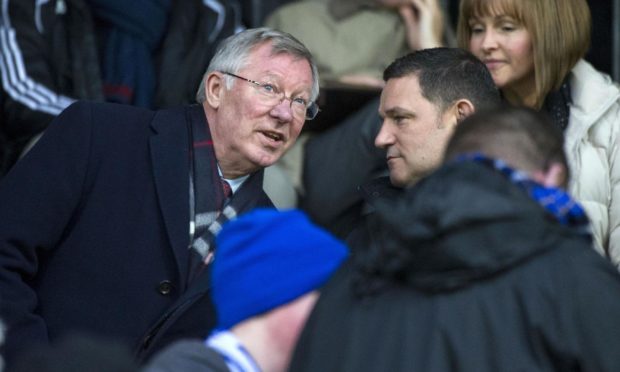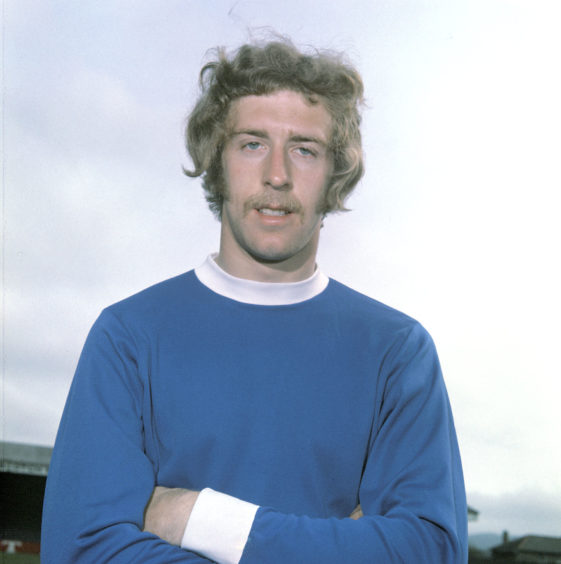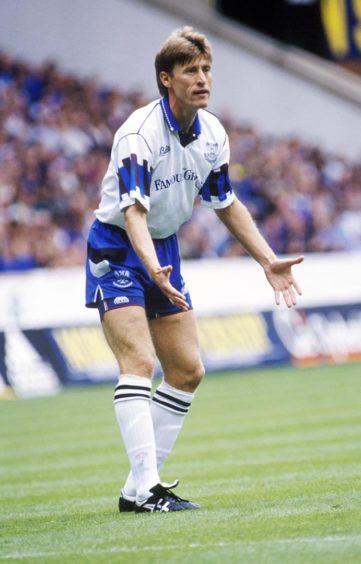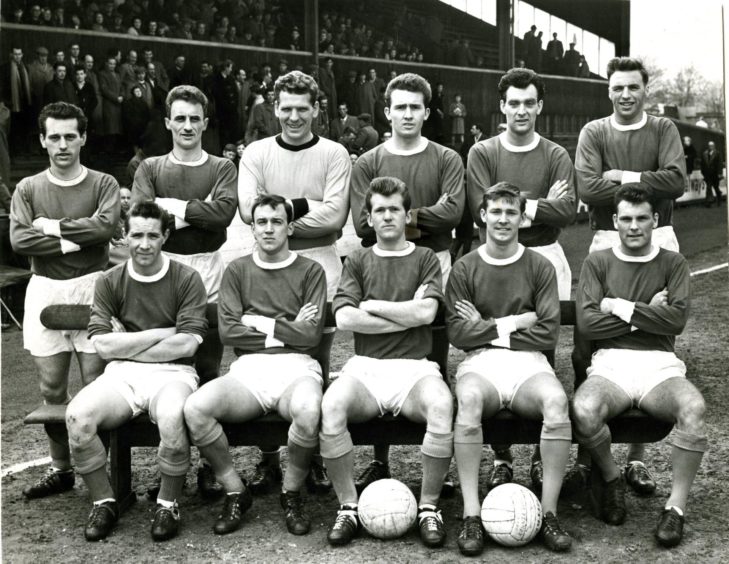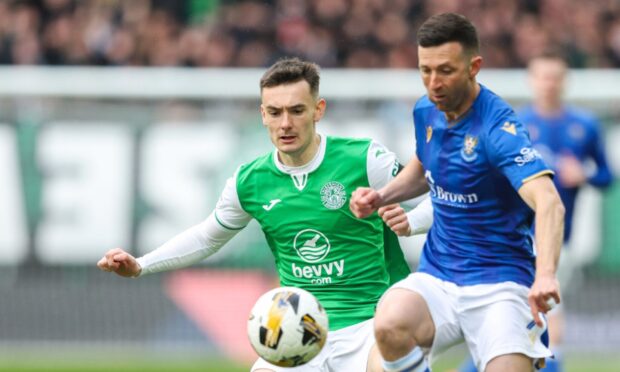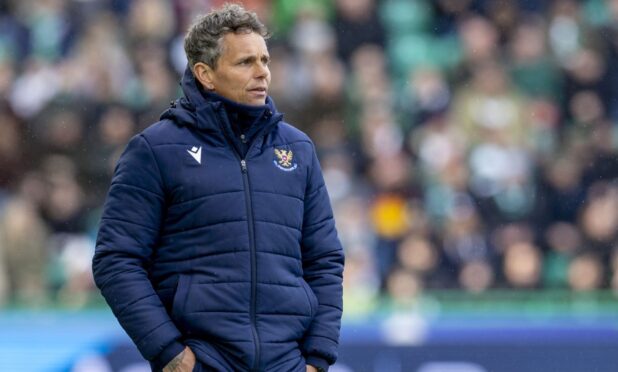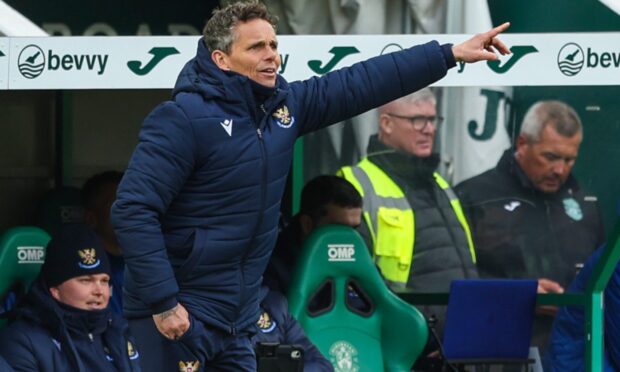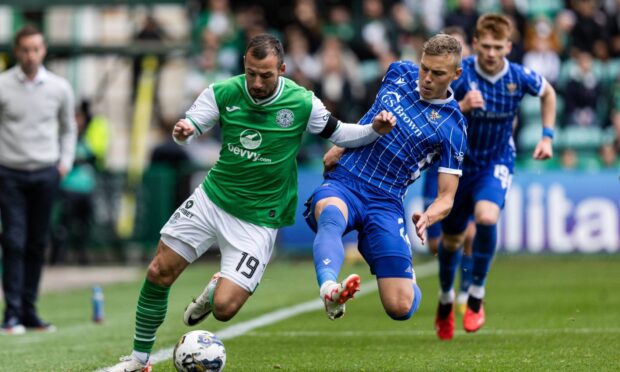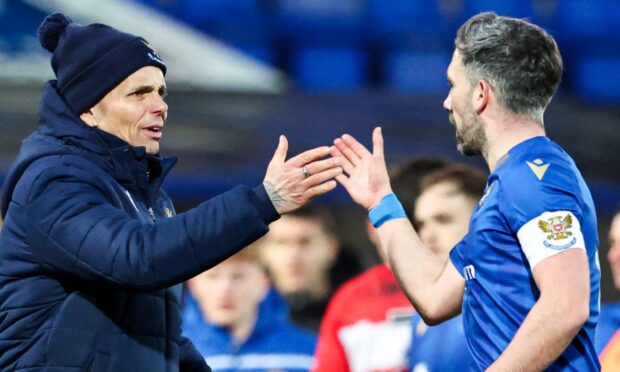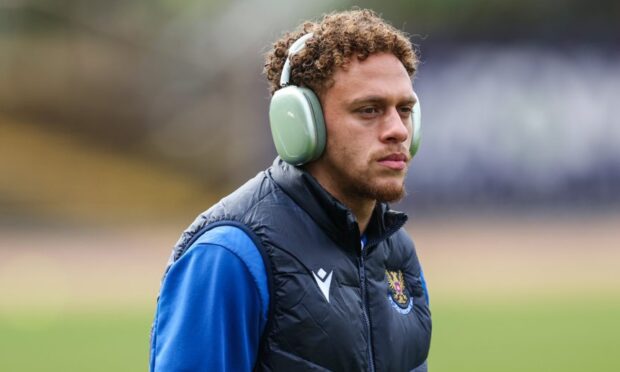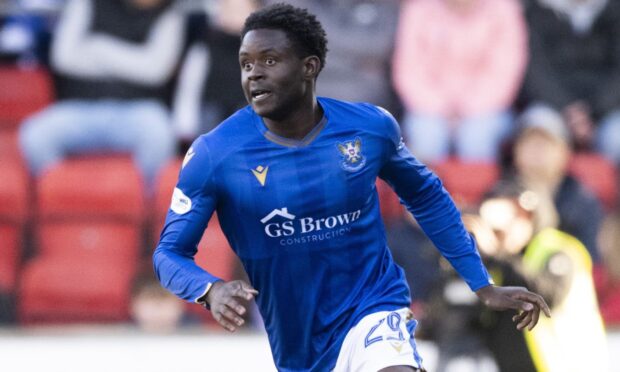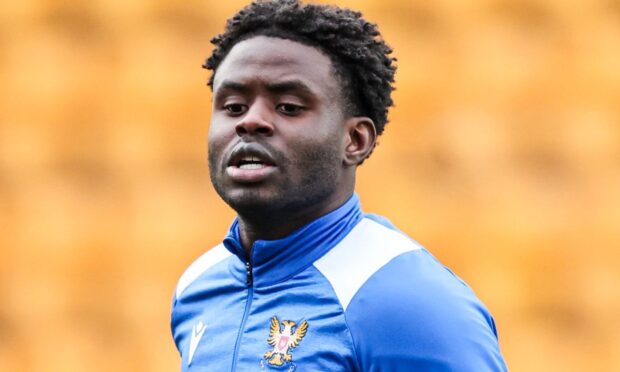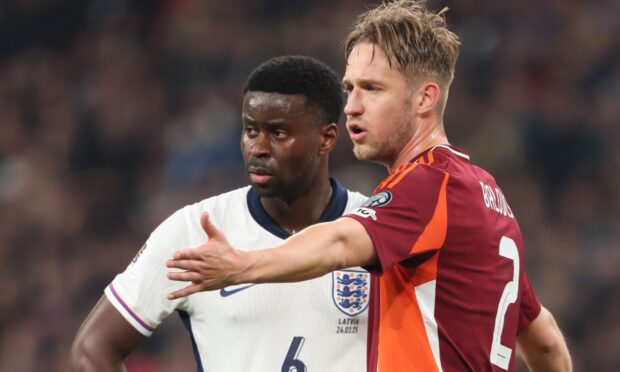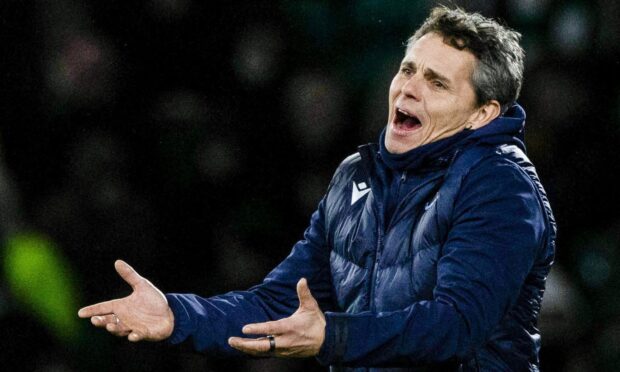He was the golden boy of the Willie Ormond side which sparkled in an era when Celtic and Rangers were contenders for European football’s top honours.
Now John Connolly has been hailed the greatest ever St Johnstone player.
The striker, who commanded a £1million-plus fee in today’s terms when he left Muirton Park for Everton in 1972, figured in many of the Perth club’s most memorable matches, topped off by a 3-0 UEFA Cup win over star-studded SV Hamburg in their first foray into European football.
Connolly (70) heads the list in the Hagiography: The Great Saints book produced by club historians Alastair Blair and Brian Doyle.
He leads a top five ahead of USSR international Sergei Baltacha, striker Henry Hall, defender and current manager Callum Davidson and prolific 1940s goalscorer Willie McIntosh.
“It’s a huge honour. I am thrilled when I think of all the players who have featured for St Johnstone down the years,” said Connolly.
“I know the talent that was in my team, never mind others before and since my time with St Johnstone.”
Connolly, whose Ormond era survivors were denied their annual October get-together in Perth by the pandemic, led Saints to an unprecedented third place in 1971, in a season when they beat the Old Firm in three of their four matches.
“You’ve got to remember this was probably the high-water mark of Scottish football, when both the Glasgow giants were serious contenders for European trophies, in the days before their teams were packed with players from far beyond Scotland.
“We beat a Hamburg side that had two World Cup finalists in the ranks and they were one of the top outfits in German football. I didn’t score but it was probably the best game of my career.”
Hall of Fame member Connolly netted 55 goals in 133 appearances between 1967 and 1972, going on to claim one Scotland cap in his Everton days before twice suffering potentially career ending double leg breaks.
Even a short-lived spell as Saints manager has failed to detract from his status as a Perth legend.
“I’d like to thank the fans for all their support and hopefully it won’t be too long now before I, and my old teammates, get back to McDiarmid Park,” he said.
Alastair, and fellow author and Saints statistician Brian Doyle, had put out feelers to secure an interview with Sir Alex Ferguson, best remembered in his Perth days for netting a hat-trick against Rangers at Ibrox.
That is a feat which remains uncontested by a St Johnstone player 57 years on.
“We were aware that Sir Alex doesn’t look back on his time at St Johnstone as the most joyous time of his career,” said Alastair.
“So it was a genuine thrill when I took a call from a number withheld while in the car and it turned out to be Sir Alex.
“I just about crashed. But I swiftly pulled over and he was happy to reminisce about his Muirton Park days.
The best of St Johnstone from The Courier:
- Callum Davidson reacts to being named club’s fourth greatest player of all time
- McDiarmid Park’s Greatest Game remembered by Eric Nicolson
- Sergei Baltacha exclusive: Sweeper Sir Bobby Robson turned to for advice and St Johnstone fans adored
- Interview: Former St Johnstone striker Graham Cummins has found football happiness in defence
“Sir Alex told us: ‘History is the most important thing there is. Without its history, a club is nothing.’
“His memory is phenomenal, recalling the challenge of combining an apprenticeship on Clydeside with making it to Perth via bus and train in the Bobby Brown era.”
